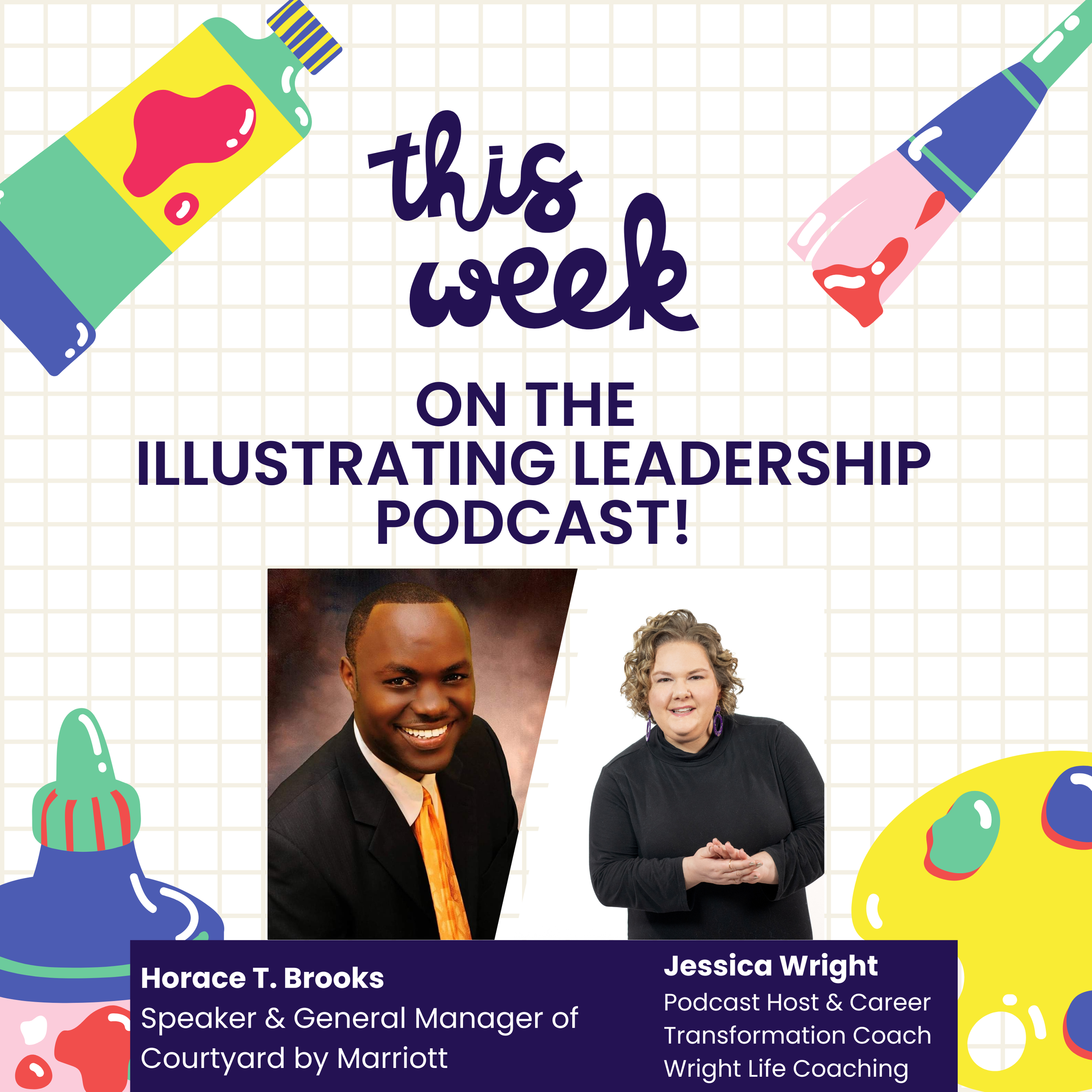Illustrating Leadership Lesson: Trust
A Lesson in Empowerment and Trust
Horace began by reflecting on one of his most impactful mentors, Mr. Ron Hulsey. Mr. Hulsey, an introvert known for his quiet demeanor, taught Horace the power of empowerment through trust. Horace recalled how Mr. Hulsey would assign tasks without follow-up, instilling confidence in his abilities. This hands-off approach made Horace feel empowered and motivated him to deliver exceptional results.
Empowerment and trust became cornerstones of Horace’s own leadership style. He shared how he now empowers his employees by trusting them with responsibilities and allowing them the freedom to excel. Horace emphasized that this trust is not just about delegation but also about making employees feel valued and capable, which ultimately drives them to perform at their best.
The Power of Compartmentalization
Another key lesson Horace learned from Mr. Hulsey was the art of compartmentalization. As a General Manager handling multiple responsibilities—from guest relations to employee management and liaising with board members—Mr. Hulsey demonstrated the importance of being fully present in each task. Horace observed how Mr. Hulsey seamlessly transitioned from one responsibility to another, ensuring that each task received his full attention and was completed efficiently.
Horace adopted this approach in his career, especially during his time at the Ritz Carlton in California, where he managed five different departments. Compartmentalization, as Horace explained, involves focusing entirely on the task at hand and then moving on to the next with the same level of focus. This practice has been crucial in helping Horace manage his responsibilities effectively and maintain high standards in his work.
Redefining Leadership Expectations
During the interview, we explored the concept of trust in leadership. Horace emphasized that trust is built when leaders clearly communicate their expectations upfront and support their team members throughout the process. He highlighted that while perfection may be the goal, understanding and accepting that employees may not always meet 100% of expectations is key. As a leader, it’s crucial to step in and provide the necessary support to bridge any gaps.
Horace shared a poignant story about a young employee who was overwhelmed with a school assignment. Instead of insisting she work while distracted, Horace took over her duties at the front desk, allowing her to complete her assignment. This act of support not only helped the employee succeed but also reinforced the principle that true leadership is about being there for your team when they need you most.
Final Thoughts
Horace T. Brooks’ leadership journey is a testament to the power of trust, empowerment, and effective compartmentalization. His experiences serve as a valuable lesson for leaders in any industry: leadership is not just about managing processes; it’s about leading people with empathy, trust, and unwavering support.
Be sure to connect with Horace on LinkedIn!
Your host, Jessica Wright, is a Life & Career Development Coach for Leaders and the Founder of Wright Life Coaching, LLC. You can follow her on LinkedIn and Instagram.
